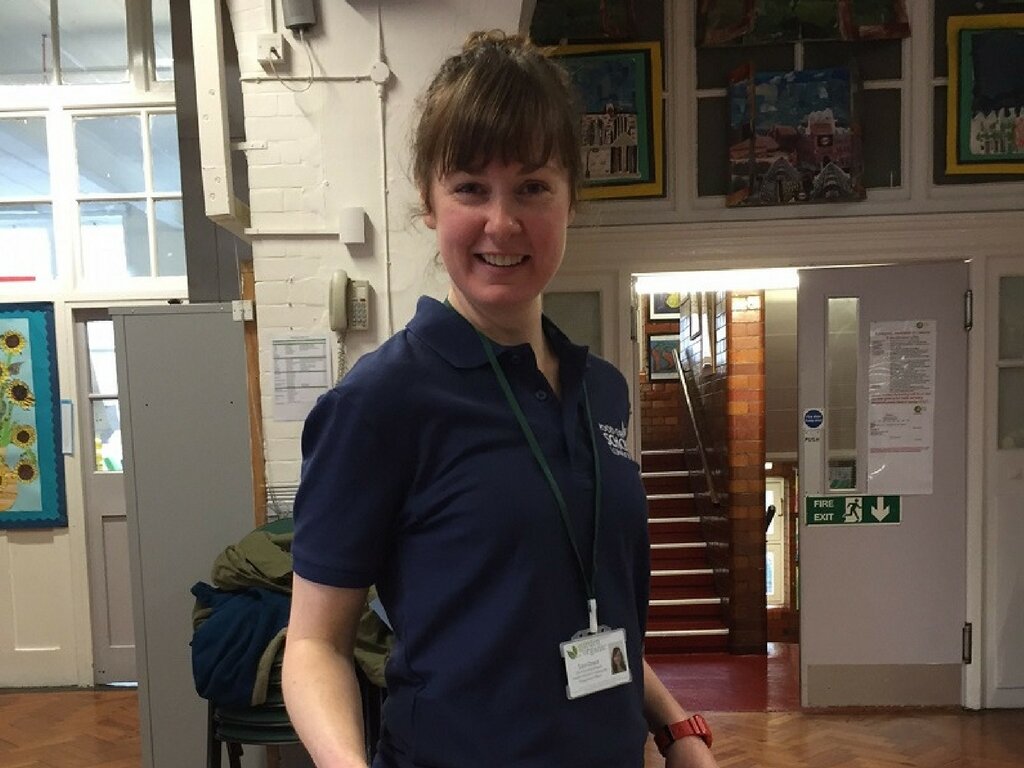Food Growing Schools: London encourages schools to use the school garden and food growing activities to deliver the curriculum because of the many benefits, including increased attainment for pupils engaging in learning in this way (discover the benefits of school food growing here).
Why focus on the science curriculum?

In particular, science is an aspect of the curriculum that links well on a number of levels to food growing activities.
See our case study Incorporating food growing into the science curriculum for insight and advice from teachers and our team.
FGSL Engagement Officer, Nick Ives, has worked with teachers and school staff across London, helping host teachers’ forums and twilight sessions to share ideas and practical steps for best practice.
He writes:
“Increasingly, I’ve found that schools respond very positively to using food growing activities to deliver Science. Food growing lends itself well to many of the processes and concepts involved in Science.
This is also backed up by research carried out by the RHS Campaign for school gardening revealing that 70% of the participating schools surveyed used food growing to deliver Science.
I always kick off a training session with teachers or pupils by asking: what are the five key things we need to get anything to grow?
Even the most unconfident growers will get the first four – Seeds, Soil, Water, Sun! Each of these four ideas make excellent jumping off places to deliver Science. The fifth being YOU ie the gardeners to pull all these together!
A quick brainstorm of possible links to the first four will include, plant growth, seed germination, rocks weathering to different soil types, decomposition of organic matter vs plastics, insect pollination, habitats eg compost heap invertebrates, predators and prey, movement of planets ie Earth’s seasons, water cycle – to name a few! Of course growing organically increases one’s chances of exploring associated biodiversity – little compares to witnessing the joy of watching ladybird larvae munching aphids or seeing ants fight off ladybirds because they want to protect their honeydew producing aphid farms!
All great stuff to observe and discuss.
If you fancy linking the science of growing to supermarkets and eating habits, a simple investigation is to buy a range of lentils, peas and beans and try a germination test on them – you’ll surprise yourself!”
For more of our case studies about food growing in schools, visit this page.
Watch this RHS Campaign for school gardening video below celebrating 10 years and mentioning the top subjects that are taught in the school garden.












